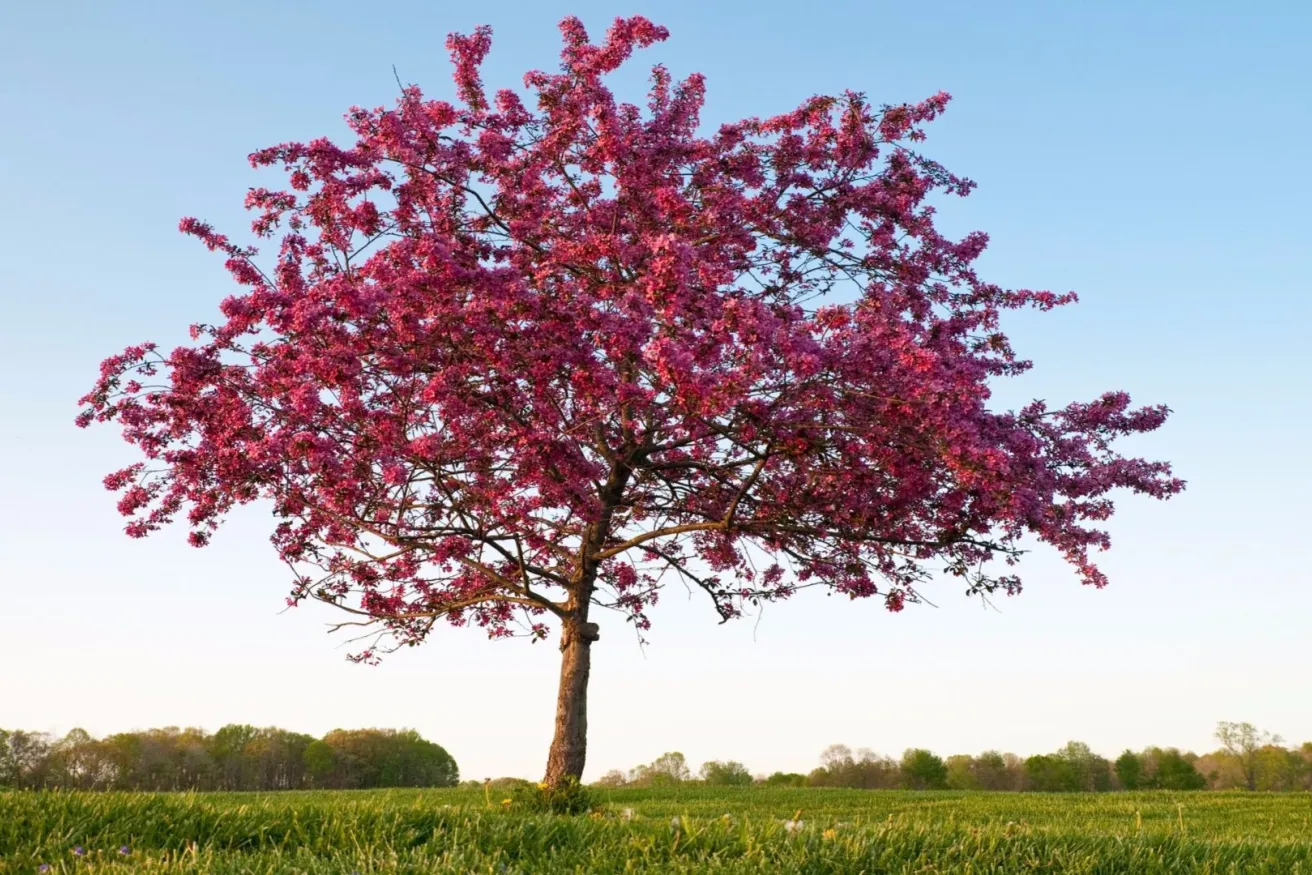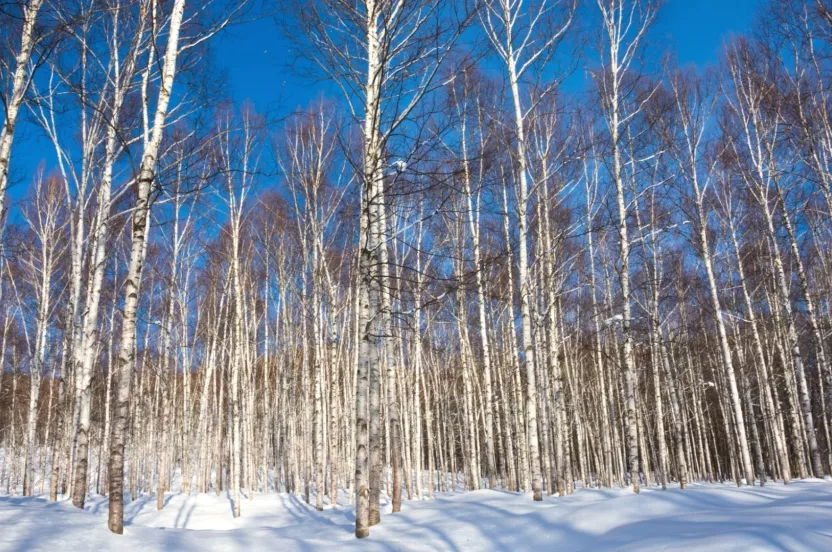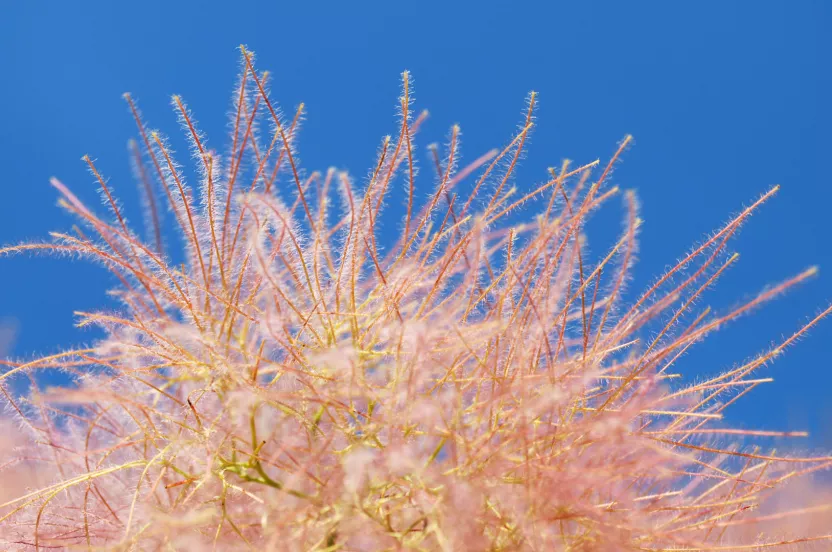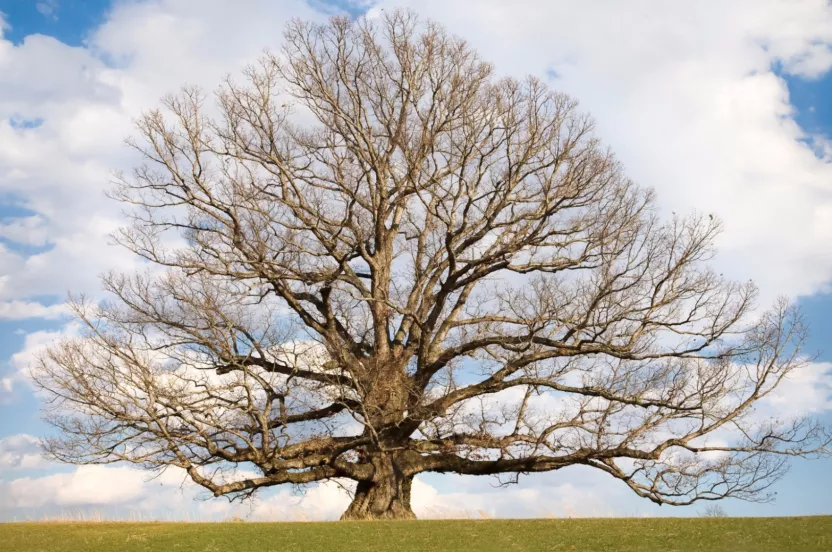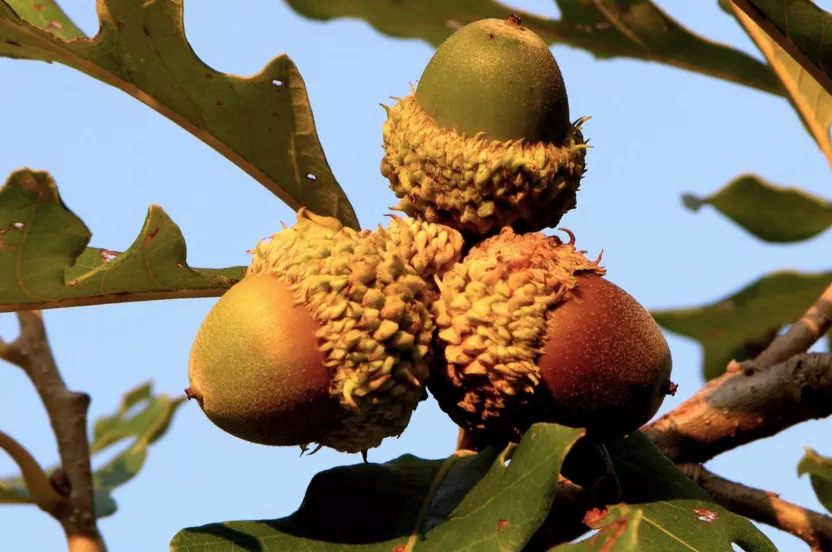The Arbor Day Foundation is pledging 10 million trees to areas impacted by hurricanes Helene, Milton Help us replant
Malus 'Prairifire'
It’s not inaccurate to say that crabapples are the roses of the tree world. Taxonomically, they are in fact, members of the rose family, Rosaceae. Like their cousins, crabapples are grown primarily for their beauty. The stunning long-lasting spring blossoms are a sight to behold. There is a never-ending desire to develop a new form of crabapple and give it a fanciful name. This has resulted in more than 800 cultivars of crabapples in the records.
Among the crabapples is one that was developed and introduced to the world in 1982 by a professor at the University of Illinois, Dr. Daniel Dayton. Dr. Dayton’s new tree, is noted for its foliage that bursts out in red, then flickers into green, and finally bronze. Prairifire was a most appropriate name for his new creation. Note that the misspelling is intentional, lending yet another special touch to this glamorous tree.
Anyone who grows roses knows how temperamental they can be about growing conditions and how easily they fall victim to garden pests. The same holds true for some members of the crabapple group, but not for Prairifire. Rounding out its attributes is its resistance to the ubiquitous scab, fire blight, and other diseases of the Malus species. In fact, in 1996 the Iowa Nursery and Landscape Association announced that the Prairifire crabapple was the winner of its ‘Tree of the Year’ award for its magnificent floral and fruit display, excellent disease resistance, and unusual leaf coloration in spring and fall.
Why the Great Floral Display?
Not only do Prairifire flowers hold their attractive color rather than fading like some flowering trees, the bloom is also long-lasting. This is because flowers are produced both on branch spurs and from axillary buds at the base of leaves. The latter develop later than those on the branch spurs, extending the overall bloom period.
In the Landscape
This is an excellent landscape tree that can be planted near utility lines and adjacent to paved surfaces. It is hardy and able to tolerate a wide variety of soil and water conditions (hardiness zones 3-8). It has showy spring flowers and fall foliage. Our Prairifire Flowering Crabapple seedlings are grafted to Malus antanovka.

